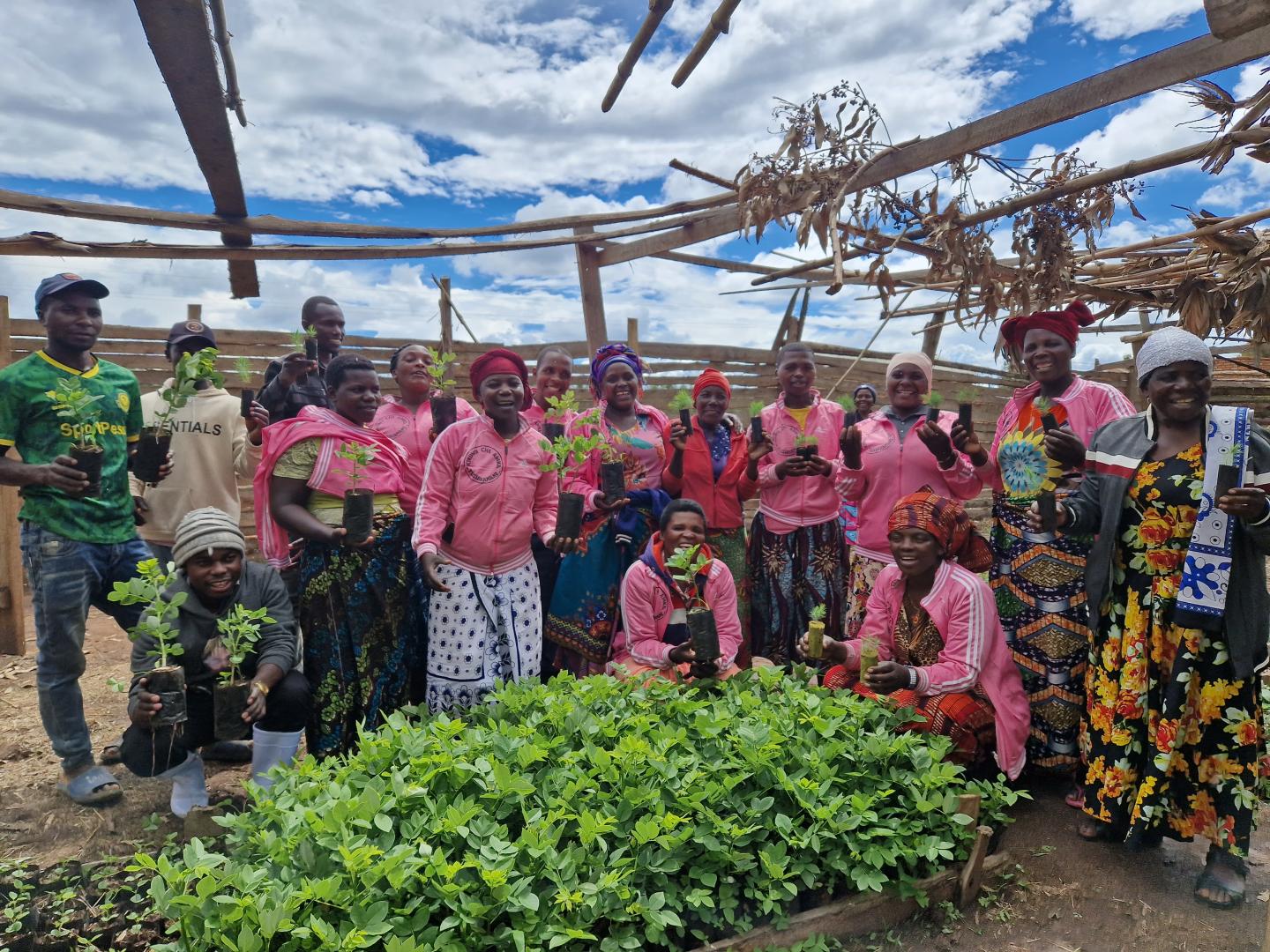From reactive to proactive adaptation: expanding provision of climate proofed services by local farmer organisations

Cooperative Development Organisation
Implementing Partners and Organisations
Period of Implementation
Geographic scope
Africa: Tanzania
Cities: Njombe & Iringa
Budget
Donor(s)
Bilateral Aid: Ministry for Foreign Affairs of Finland
Sector(s)
Type of Activity
Summary
Resilient smallholders assure food security under climate uncertainty, limit rural migration, and contribute to global emission reductions. However, smallholders are disproportionally vulnerable to climate change as they are often marginalised, isolated, and dependent on degrading natural resources and infrastructure. This is particularly relevant as climate variability is already putting several production systems under increasing pressure in Tanzania and farmers need support to transition from reactive to proactive adaptation which will allow them to take advantage of potential opportunities. The project aims at upgrading access to services concerning agroecology principles for climate resilience in agriculture, tree plantations and key tree crops production as well as climate proofing those services; the project also supports the co-creation of tools and methods to share experiences among local FOs on resilience-related experimentation at farm level through another EU-funded research and innovation project FOledRI. Farmers will decide what actions should be prioritised and what capacities are needed for implementation by using the Building Resilience Tool-I (BR-I) which empowers farmers to understand and promote adaptation actions either by themselves or by accessing support services from others. The Building Resilience Tool-II (BR-II) will allow FOs to self-assess their capacities and the services provided to members; this will be done through the results of the BR-I so that FOs can design a climate action plan to support farmers to develop long-term resilience. Priority will be given to agroecological principles having a direct impact on building resilience (e.g., diversity, efficiency, and solidarity) and those supporting the transition (e.g., governance, circular/green economy) towards proactive adaptation. Special attention will be given to disadvantaged groups (women, youth, and disabled). In addition to short-term improvements in productivity or profitability, the project will produce feasible action plans that support or create adaptive capacity into different production system.
Project Objectives
to build resilient rural communities that support poverty reduction, food and nutritional security, environmental sustainability, and diverse production systems.
Website
Impact on SDGs
Main Indicators
# of farmers diversified their income activities through adoption of climate-resilient agroecological practices
# of new or improved climate resilient processes, products or services in agriculture or forestry value-chains
# of people belonging to disadvantage groups participating in project activities
# of staff and farmers participating in policy advocacy activities
Direct beneficiaries
Organisations: 1
Individuals: 16154